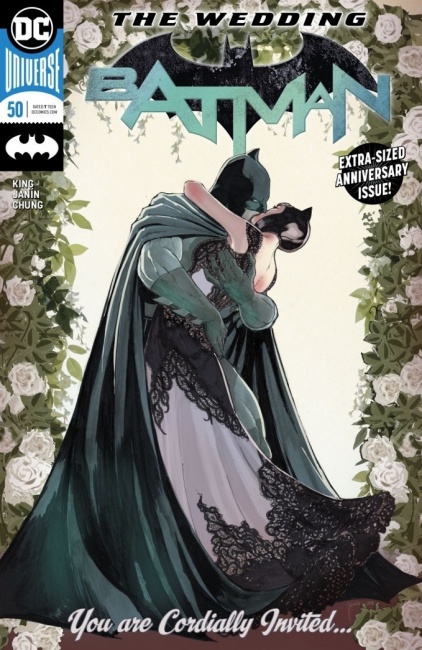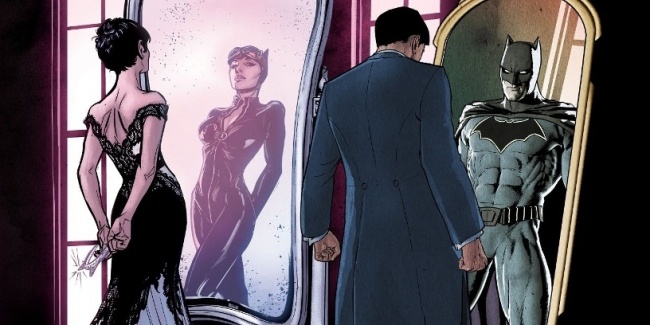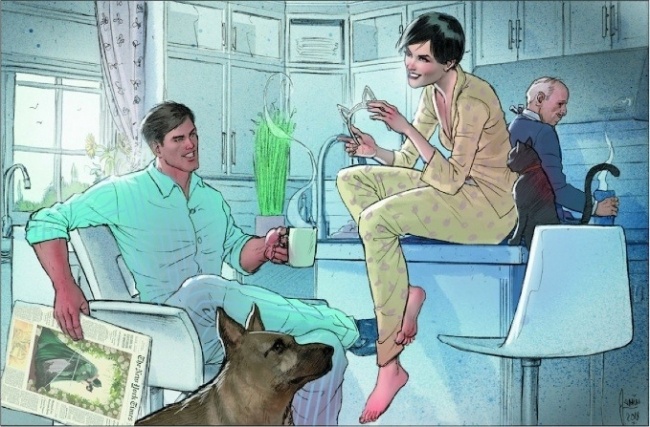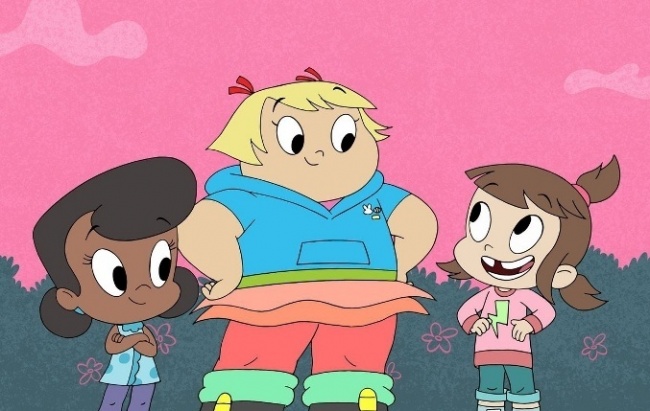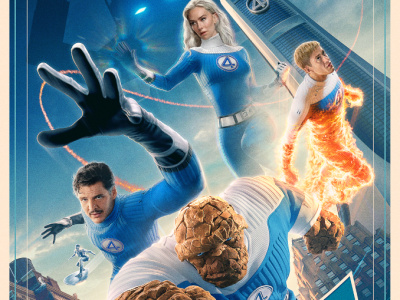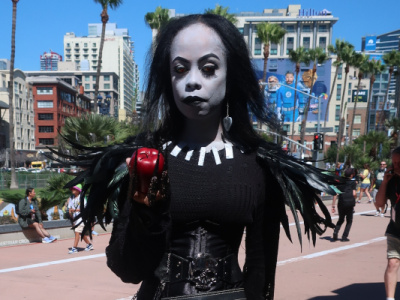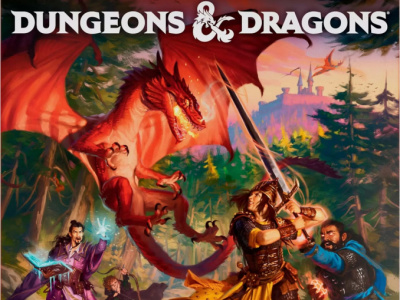Confessions of a Comic Book Guy is a weekly column by Steve Bennett of Super-Fly Comics and Games in Yellow Springs, Ohio. This week, Bennett looks at the chain of events around DC's spoiling of the Batrimony storyline through the New York Times.
As you no doubt have already heard, the Sunday edition of The New York Times had a piece by George Gene Gustines which gave away the ending to Batman #50 ahead of its release Wednesday. The next day a statement from Gustines appeared on The Vulture but which I saw it on The Wrap under the title "NY Times writer Is (Kinda) Sorry for Headline That Spoiled What Happened in Batman’s Wedding." In part he wrote:
"It seemed disingenuous to write the story without revealing the ending, which is why I included the reveal. But I should’ve asked for a non-spoiler headline. We should have given more thought so that the casual reader, flipping or scrolling through the Style section, would not know the twist by reading the headline."
What’s equally as important is it establishes the NYT piece had not only been "written with DC’s participation," according to Gustines, "…they knew I would reveal the twist." After nearly thirty years of working in retail, I like to think I know how the comic book industry works. But I’ve got to confess, I couldn’t comprehend why DC would spoil the ending to any of their comics, let alone such a high profile one, the sales of which will have a significant impact on the bottom line of comic book shops this month.
DC’s senior vice president of sales John Cunningham posted the publisher’s official explanation on a comic retailer group on Facebook, which I saw it when it was reported in the CBR article, "DC Explains Why It Spoiled Batman/Catwoman Wedding Issue." It reads:
1. DC Sales strongly advocated getting the news out ahead of the OSD, so that the Moment of Realization did not occur hours before events began. We even did our level best to try and spoil it here on this page over and over again (and failed). The New York Times article was posted here at 630 a.m. PST not out of "Pride" — please — but to get you the information as soon as we could.
2. In the abstract, we believed the news would break on Monday morning, given the arrival time of physical copies in store and the reality that a copy or a scan would end up being passed to uncontrolled comic book outlets (much like Marvel’s wedding issue last week and every other major comic book event in the last decade).
3. As mentioned here before, any discussion about financial remedies for problematic DC product must occur after the product is on sale.
4. While the Times piece is more fulsome that [sic] some might like, it does not spoil the shock ending of the book for fans. We’re working on getting this posted here for you.
As you may have noticed something was missing from this "explanation," the part where DC explains why they did it. For that you need to read The Nerdist piece, "Why Did DC Spoil Batman and Catwoman’s Wedding?" Embedded in it is an episode of Nerdist News where Hector Navarro shares another explanation from DC, supposedly equally as "official" but a great deal briefer. According to the piece, "Essentially, the company line is that they wanted to release the spoilers on their own terms before it could leak to the Internet."
Which is when I had trouble understanding why DC did this because I assumed there had to be some benefit for them or they wouldn't’ have done it. But the way I analyzed the risk/reward ratio, it was pretty much all risk with no possibility of reward. It never occurred to me it wasn't about "benefit" at all but rather something a lot more nebulous; demonstrating control. DC knew that it was inevitable someone would leak the ending so to prevent that from happening they leaked it themselves.
Yeah, it’s official, if I ever understood how the comic book industry worked, I don't anymore.
Last year I wrote among a number of new animated series coming to Netflix was The Harvey Street Kids, an all-girl kids gang comprised of the Harvey Comics Littles; Little Lotta, Little Dot and Little Audrey (see "Confessions of a Comic Book Guy -- Marvel At Hoopla, Plus Animation News"). Well, it became available for streaming on Netflix last Friday and according to a piece in the L.A. Times by Robert Lloyd, "Netflix’s clever ‘Harvey Street Kids’ revives classic comics with modern-day fun."
Harvey Comics purists should prepare themselves for the fact that the characters have been updated. For starters the "Little" in the girls’ names are gone, as are their once ubiquitous dresses; Dot will still rock polka dots, but will no longer be maniacally obsessed with them. Oh, and now she’s black. Happily Lotta is no longer an eating machine and while still strong is no longer super strong. And Audrey is pretty much as we once knew her. I haven’t gotten the chance to see it myself, but Robert Lloyd has and he says, "It is elegantly designed and expressively animated, incorporating just enough of the original characters' look – oval eyes, stood on end and slightly slanting, a tipped-over 'c' for a nose, iconic hairstyles – to feel true to its roots. As with most cartoons nowadays, it adapts more than half a century of graphic ideas to its own ends."
The opinions expressed in this column are solely those of the writer, and do not necessarily reflect the views of the editorial staff of ICv2.com.
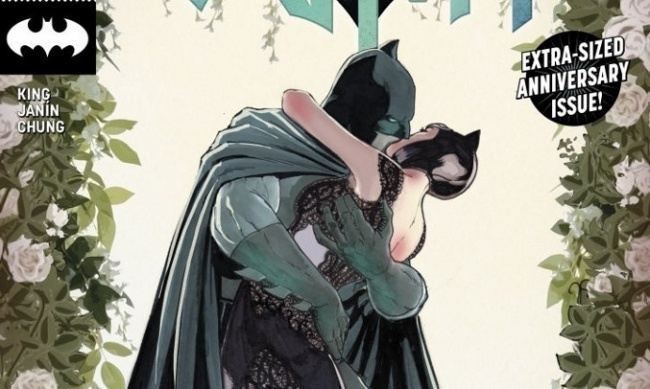
Column by Steve Bennett
Posted by Steve Bennett on July 5, 2018 @ 2:33 am CT
MORE COMICS
Showbiz Round-Up
August 4, 2025
The post-SDCC showbiz news is still spicy a week after the show's conclusion. It's time for another round-up!
Early Friday, Continued
August 4, 2025
We continue our coverage of San Diego Comic-Con 2025 with Part 2 of our photo galleries, showcasing photos from early Friday, the second day of the show.
MORE COLUMNS
Column by Scott Thorne
August 4, 2025
This week, Scott Thorne addresses some comments on last week's column and the right price for starter products.
Column by Scott Thorne
July 28, 2025
This week, columnist Scott Thorne comments on the Edge of Eternities prerelease and on Magic: The Gathering news from the Hasbro earnings report.



